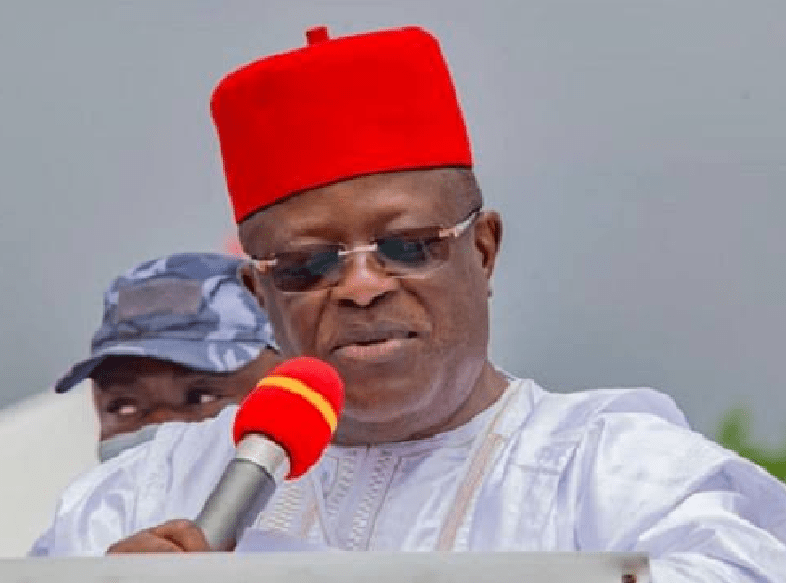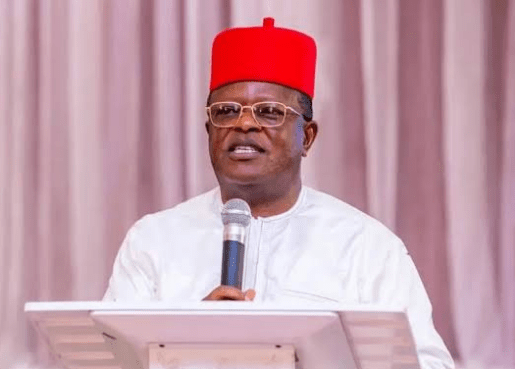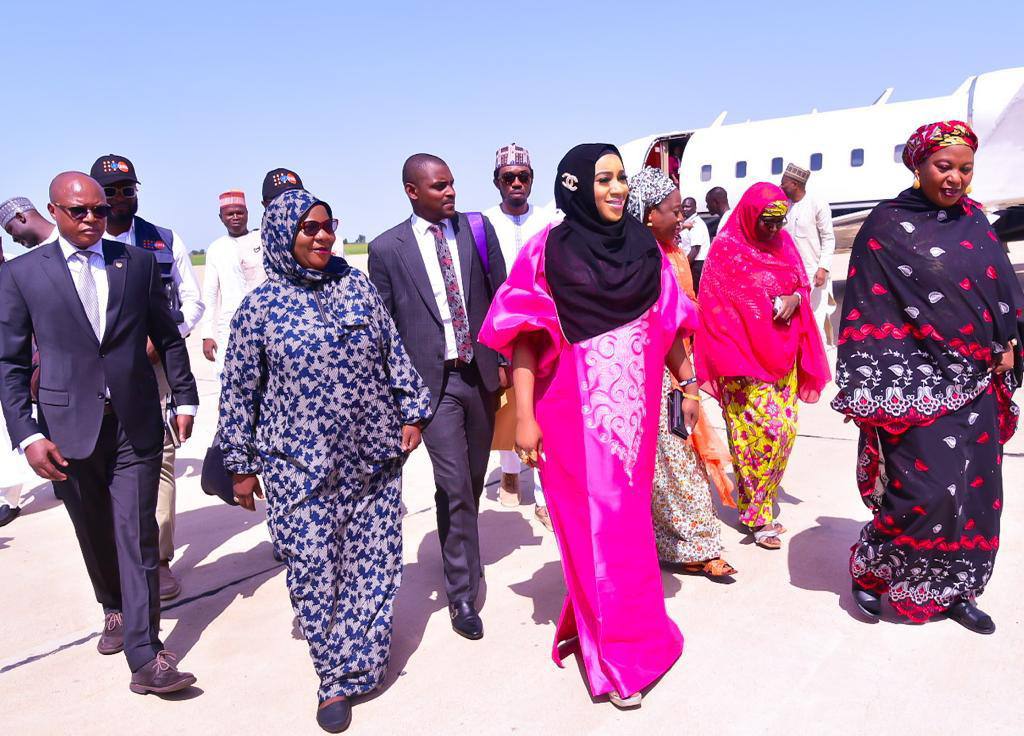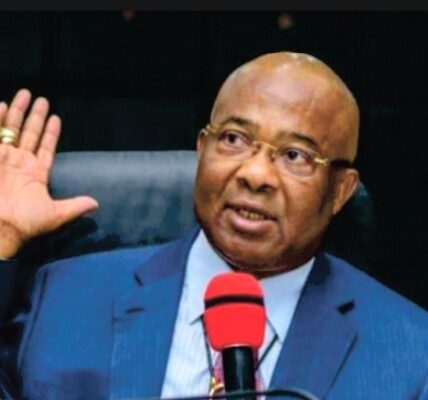Never-Ending Saga: Factors Robbing Nigerians Gains of the Lagos-Calabar Coastal Highway
This post has already been read 23642 times!
The Lagos-Calabar coastal highway has been a topic of heated debate and controversy for years, leading to the reported suspension of the project. From the initial planning stages to the beginning of demolition of properties on the route for the actual construction, the project has faced numerous challenges and setbacks.
Despite the potential benefits it could bring to the region, the highway has become a source of contention among politicians, stakeholders, and the public.
Political Interference
One of the main reasons for the controversy surrounding the Lagos-Calabar coastal highway is political interference. Politicians have used the project as a tool to further their own agendas, leading to delays and mismanagement.
For example, the Minister of Works and former Governor of Ebonyi State, Dave Umahi, recently ordered the demolition of structures along the proposed route, causing uproar among affected residents and further delaying the project.
Stakeholders Meeting
Stakeholders meetings have been held and have continued to be held in a bid to address several concerns and find solutions to the ongoing issues surrounding the highway. However, these meetings have often been marred by disagreements and lack of consensus.

Without the full support and cooperation of all parties involved, the project continues to face obstacles and delays.
Environmental Concerns
Another point of contention surrounding the Lagos-Calabar coastal highway is the potential environmental impact of the construction. Critics argue that the highway could disrupt fragile ecosystems and harm wildlife in the region. Former Governor Peter Obi has been vocal about the need to consider these environmental concerns before moving forward with the project.
Submarine Cables
The presence of submarine cables along the proposed route of the highway has also raised concerns among stakeholders. These cables are crucial for communication and internet connectivity in the region, and any damage to them during construction could have far-reaching consequences. Finding a way to safely navigate around these cables has proven to be a major challenge for the project.
Cost Overruns
Cost overruns have plagued the construction of the Lagos-Calabar coastal highway from the beginning. The initial budget for the project has been exceeded multiple times, leading to accusations of mismanagement and corruption. As a result, the project has been forced to seek additional funding, further delaying its completion.
Community Resistance
Local communities along the proposed route of the highway have also expressed resistance to the project. Many residents fear that the construction of the highway will disrupt their way of life and lead to the loss of their homes and livelihoods. Addressing these concerns and gaining the support of these communities is crucial for the success of the project.
Government Accountability
The general perception of lack of government accountability in the planning and execution of the Lagos-Calabar coastal highway has been a major source of controversy.
Transparency and oversight have been lacking, leading to suspicions of corruption and mismanagement. Holding government officials accountable for their actions and decisions is essential for restoring public trust in the project.
Way Forward
Looking at the way forward, despite the numerous controversies surrounding the Lagos-Calabar coastal highway, there is still hope for its successful completion. By addressing the concerns of all stakeholders, ensuring transparency and accountability, and prioritizing environmental protection, the project can move forward in a positive direction. It is crucial for all parties involved to work together towards a common goal and overcome the challenges that have hindered progress thus far.







